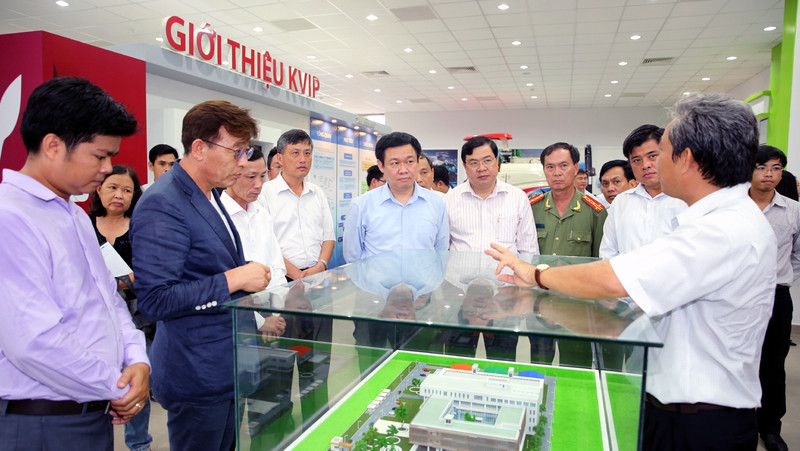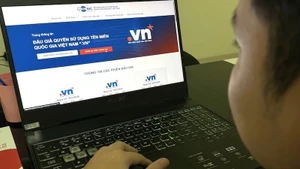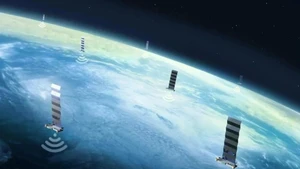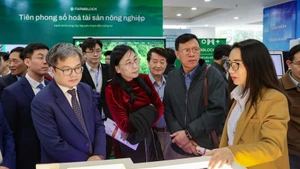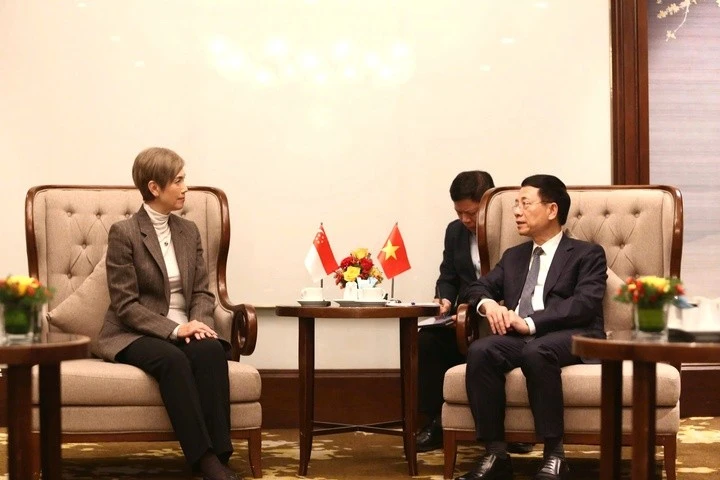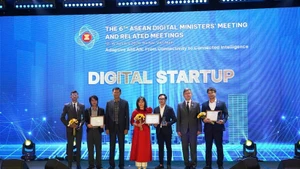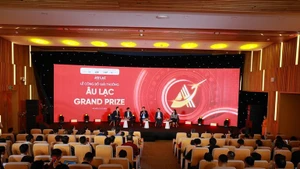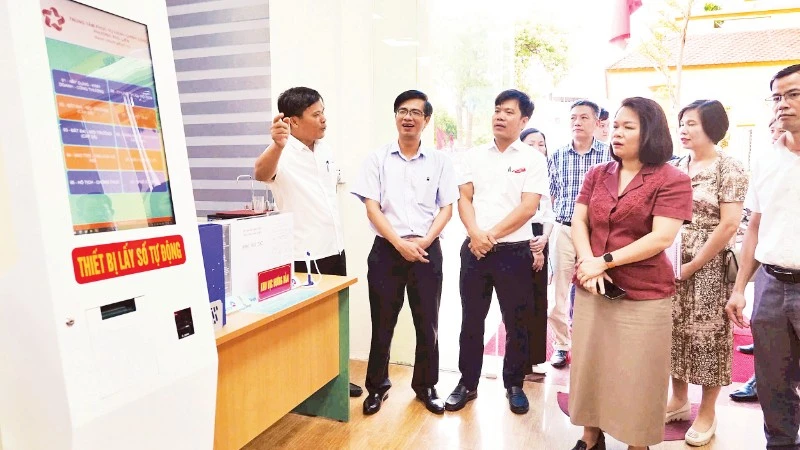The incubator, which has been in operation since the third quarter of 2015, is part of a comprehensive cooperation programme between Vietnam and the Republic of Korea (ROK).
The project costs a total of US$21 million, of which Can Tho is contributing US$3.43 million in counterpart funding.
The incubator, located on a 4.5-hectare plot in Tra Noc 2 Industrial Park, consists of two office blocks, a laboratory block and a testing centre with total floor area of more than 13,000 square metres.
To date, Can Tho has promulgated a full legal framework for the incubator’s operations, but the Republic of Korea has yet to finish the procedures to send in experts and provide scientific equipment for the incubator.
According to Deputy Minister of Science and Technology, this is the largest incubator in Vietnam but its operation has been limited, having attracted only three enterprises with an occupancy rate of less than 2%.
In addition to difficulties from the ROK side, the incubator’s operations are also restricted by Vietnam’s incentive policies, which have yet to meet expectations.
Speaking at a meeting with the project managers on March 7, Deputy PM Hue said that the incubator is of help to the Mekong River Delta and part of a start-up ecosystem that the government is seeking to build.
He tasked the Ministry of Industry and Trade with continuing negotiations with the ROK to expedite equipment procurement financial packages and send in experts to transfer technology to the incubator.
The Ministry of Finance was asked to review incentive policies on import tariffs and corporate income taxes to be applied to the incubator.
The Ministry of Science and Technology was given the duty of providing advice on the process of developing start-up businesses, while the incubator itself was asked to create appropriate mechanisms to employ experts from universities in Can Tho.
